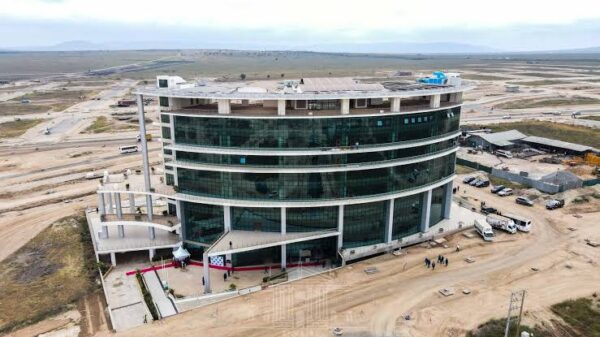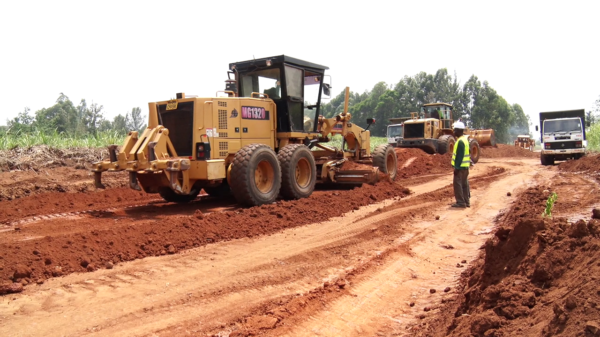NAIROBI, Kenya, Jan 14 – The Rift Valley Railways (RVR) has said it is waiting on the Kenya and Uganda governments to give consent for the reduction of the lead investor shareholding which will pave way for the financing of the Kenya –Uganda railway line.
RVR Executive Chairman Brown Ondego said on Wednesday that the other concessionaire shareholders were ready to inject funds into the rail operations but on condition that the two governments legally trimmed the powers and the shareholding of Sheltam Corporation which owns a 35 percent stake in the company.
“The restructuring is on course and has been done but it cannot be implemented without the (two) governments signing deeds of amendment providing for that position to be diluted,” he explained.
As the concession agreement stands, the other shareholders including TransCentury which has a 20 percent stake, Centum Investment and Babcok and Brown Investment that each controls a 10 percent shareholding , can only put in money into the company through subscription or a rights issue.
Sources who didn’t wish to be named said while the other shareholders have put in about $30 million into the company, Sheltam, which is said to have a weak financial capability, had not contributed any money since it was awarded the tender to improve the management, operation and financial performance of the railway line.
Earlier reports indicated that all parties had agreed to delete some clauses in the contract that allowed the lead company to own 35 percent stake within a five-year period. However Sheltam still holds the majority shares.
“In the last six months, we have signed off the principles of the agreement. Now it’s for the lawyers to put it in legal language,” Ondego said hinting at the bone of contention.
The chairman who spoke exclusively to Capital Business ahead of Thursday’s end of the ultimatum to streamline RVR’s operations said since they had not received any official communication from the two governments, they would continue with their operations as usual.
In August last year, Prime Minister Raila Odinga threatened to cancel the concession contract should RVR fail to raise $50million capital.
“I cannot speculate on what the government is going to do. As far as we are concerned we will continue to work and even if there was a termination (of the contract), then there would be some procedures that have to be followed,” he said.
He, however, disclosed that they were in discussion with the governments that he hoped would heed their concerns and make decisions that would ensure the concession agreement works.
“I think the government will agree to a sensible solution that secures the interests of the government and the people of Kenya and Uganda as well as the investors,” Mr Ondego enthused.
He hoped that those decisions can be made within the next 90 days to enable them concentrate on restructuring the railway line.
“Any delay is making it even more difficult to turn around the rail system. Any delay everyday means we have failures on locomotives, we have failures in wagons and this means we have to invest much more to recover,” he warned.
At the same time, the Chairman said they welcome the government’s move to construct a standard gauge rail saying it would not negatively impact on their business.
“Within the agreement, there are certain safeguards that have been provided to the concessionaire and we therefore believe that we will be able to reach some kind of agreement on how the RVR will mitigated against the risk posed by the new line,” he added.
Mr Ondego also disclosed that they had managed to stabilise their services and have increased the commuter service trains by two.
He however admitted that they were struggling to maintain at least five trains per day for the freight services due to the dilapidated line between Nairobi and Mombasa which cannot be fixed until they have adequate finances.
“We have challenges of derailment, speed restrictions and vandalism of the rail infrastructure with clips being stolen all the time,” he complained.
Mr Ondego said the concessionaire would require about $81 million in the first year to ‘bring the line between Nairobi and Mombasa to a decent level,’ and enable them to have average speeds of 50 or 60 kilometers per hour.
The agreement provides for a $25 million spend of within the first five years on both the Kenya and Uganda lines. Shareholders have pledged $50 million while international lenders (IFC and Kfw of Germany) have committed $54 million (but the money has not been released.)
“I still think that our estimates of just over $200 million are what we require over the next five years,” the chairman maintained.


































